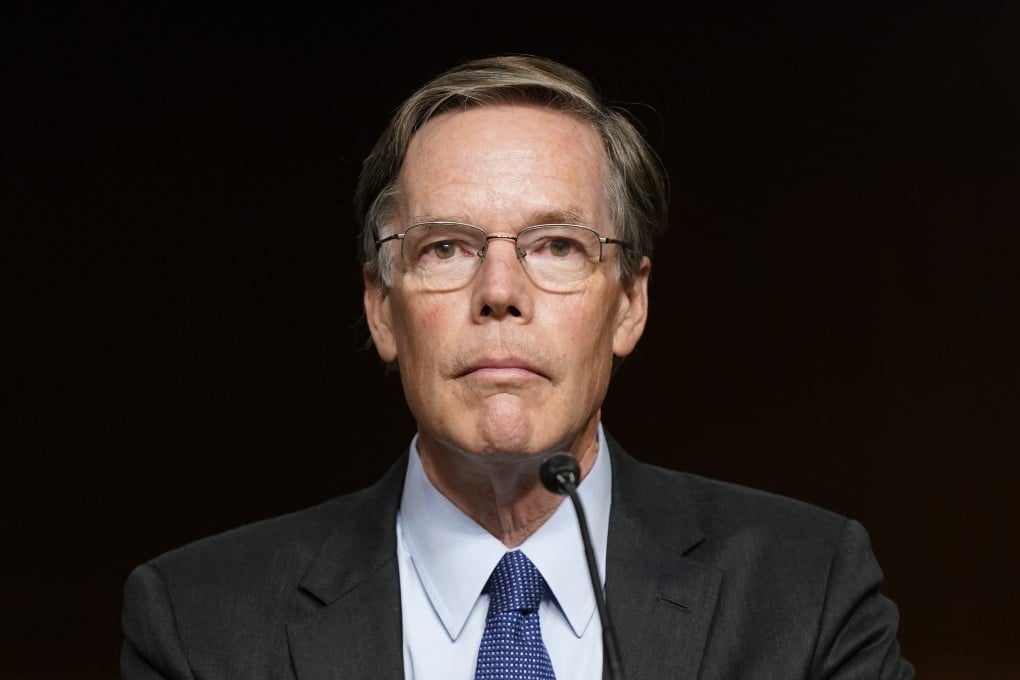US ambassador to China nominee takes tough line on Beijing, cites ‘genocide in Xinjiang’ and need to support Taiwan
- Nicholas Burns says China has weaknesses that the US can use to its advantage, including demographics and the growing global pushback over its behaviour
- But he hopes the two powers will find common ground on climate change, global health and nuclear non-proliferation

Appearing before the Senate Foreign Relations Committee, career diplomat Nicholas Burns added that China had weaknesses that the United States could use to its advantage, including demographics and the growing global pushback over its behaviour.
“China is not an Olympian power … They have enormous strengths. They have very few friends. They have no real allies,” said Burns, 65, contrasting that with Washington’s 29 allies and numerous treaty partners.
“We’re a strong country. We should be confident, for our values and our interests, and we can stand up to the Chinese. But our allies and partners can help to do that so that there’s real weight and leverage.”

02:10
US ambassador to China nominee takes tough line toward Beijing at hearing
The two-hour hearing underscored Washington’s tough bipartisan view towards China, with senators from both parties voicing shared concern over China’s growing military, political, economic and even cultural footprint.